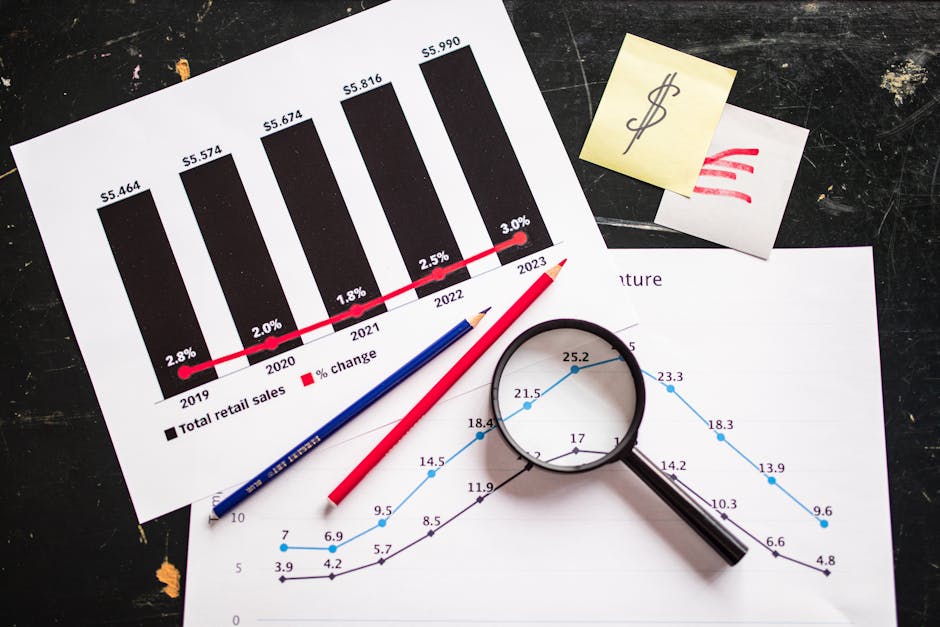Understanding AI Trading Software
Understanding AI Trading Software
Blog Article

Imagine a financial landscape where algorithms analyze vast amounts of data in real-time, identifying patterns and making trades faster than any human could. This is the promise of leading edge AI trading software, which is revolutionizing how traders and institutions approach the markets. With the ability to incorporate machine learning, natural language processing, and advanced statistical techniques, these systems are changing the rules of engagement in trading. This article explores the various aspects of AI trading software, its benefits, and how it is shaping the future of trading.
Understanding AI Trading Software
AI trading software employs algorithms to automate the trading process, utilizing vast datasets to make informed decisions. At its core, it relies on historical data, real-time market information, and predictive analytics. The software can analyze multiple indicators and signals simultaneously, which is nearly impossible for a human trader to achieve. As a result, AI trading solutions can operate at a speed and accuracy that far exceeds traditional methods.
Key Features of AI Trading Software
- Algorithmic Trading: The core function of AI trading software is its ability to execute trades automatically based on predefined criteria.
- Machine Learning: These platforms can learn from past trades, adapting to new data and improving their strategies over time.
- Sentiment Analysis: By analyzing news articles, social media, and other textual data, AI can gauge market sentiment and adjust trading strategies accordingly.
- Risk Management: Advanced algorithms can assess risk levels and make recommendations to minimize potential losses.
Advantages of Using AI Trading Software
The transition to AI-driven trading presents numerous advantages for both individual traders and institutional investors:
- Speed: AI can process data and execute trades in milliseconds, allowing traders to capitalize on fleeting market opportunities.
- Accuracy: With sophisticated algorithms, the probability of making informed trades increases significantly, reducing human error.
- 24/7 Trading: AI systems can operate continuously without fatigue, enabling them to track global markets around the clock.
- Data-Driven Decisions: Traders can rely on insights derived from massive datasets, leading to more informed and strategic trading decisions.
Challenges and Considerations
Despite the clear benefits, there are challenges associated with the adoption of AI trading software:
- Market Volatility: Rapid changes in market conditions can lead to unexpected results, and AI systems may need constant recalibration to remain effective.
- Data Quality: The accuracy of AI predictions is highly dependent on the quality of the input data. Poor data can lead to poor decision-making.
- Regulatory Compliance: Financial markets are heavily regulated, and AI trading systems must comply with various legal frameworks, which can be complex.
- Ethical Concerns: The use of AI in trading raises ethical questions regarding fairness and transparency in market practices.
Case Studies: Successful Implementation of AI Trading
Several firms have already begun to reap the benefits of AI trading software:
- Goldman Sachs: This investment bank has integrated AI into its trading desks, enhancing decision-making processes and improving trading efficiency.
- JPMorgan Chase: The firm employs AI to analyze legal documents and streamline trading operations, significantly reducing time and cost.
- Two Sigma: This hedge fund utilizes machine learning algorithms to identify profitable trading strategies, leading to impressive returns for its investors.
The Future of AI in Trading
The future of trading is undoubtedly intertwined with advancements in artificial intelligence. As these technologies continue to evolve, we can expect significant improvements in trading strategies, risk management, and overall market efficiency. With the potential to analyze and act upon data that no human could fathom, leading edge AI trading software is not just a trend; it's a paradigm shift in how trading operates.
In conclusion, leveraging AI trading software offers a significant competitive edge in today's fast-paced financial markets. By embracing these technologies, traders can enhance their strategies, improve risk management, and ultimately drive better financial outcomes.
Report this page